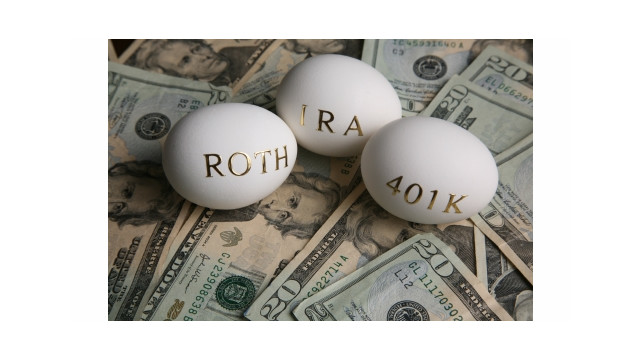Just under one-third of working Americans (29%) have increased their retirement savings contributions compared to last year, according to a new study by Bankrate.com. Sadly, 16% of working Americans are saving less for retirement than last year. The full survey can be found here: https://www.bankrate.com/surveys/financial-security-august-2019/
On a positive note, at 29%, the percentage of those increasing contributions has shown steady improvement throughout the economic recovery and is nearly double the rate seen in 2011 when just 15% of workers had increased their retirement contributions from the previous year. Nearly half (46%) say they are saving the same amount as last year, with little difference among the various income groups.
The propensity to be saving more for retirement this year than last year increases with income level, with the highest income households ($75K or more) twice as likely as the lowest income households ($30K or less) to have increased contributions this year (41% vs. 20%). On the flip side, the lowest earners are more than four times as likely as the highest earners to be saving less for retirement this year (26% vs. 6%). Another 1 in 10 of the lowest income households didn’t save anything for retirement last year or this year.
The likelihood of increasing retirement contributions was consistent among those between the ages of 23-64, with older Millennials (ages 30-38) the most likely to say so. Among workers ages 65+, the tendency to have decreased retirement contributions rises as hours worked tend to decline for those easing into retirement.
“The power of compounding makes time your greatest ally when saving for retirement, and adds an urgency to contribute now not later, giving your money more time to grow,” said Bankrate.com chief financial analyst, Greg McBride, CFA. “At any age, there is no better time than the present to ramp up retirement contributions.”
Why aren’t more Americans increasing their retirement contributions this year? Nearly 1 in 4 (24%) working Americans say it’s because they’re comfortable with the level of their retirement savings or the amount they’re contributing – a response that understandably increases with age.
Stagnant or decreasing income is close behind at 23%, a response skewing heavily to the lowest income households (under $30K) who are nearly twice as likely to cite this response than any other income group.
Focusing on another financial priority (16%), rising household expenses (12%), and ‘haven’t gotten around to it’ (12%) are the other reasons commonly cited. ‘Haven’t gotten around to it’ was cited more often by younger Millennials (ages 23-29) and households with lower than average incomes.
“The reasons Americans cite for not increasing retirement contributions indicate a continued lackadaisical approach to retirement savings – whether it is complacency with current contributions, focus on other financial priorities, rising household expenses or just not getting around to it. Saving for retirement needs to be made a bigger priority for the millions of Americans that aren’t saving, got started late, or are behind on their retirement savings. Millennials, in particular, have the most to lose by waiting to contribute or delaying a boost in contributions,” McBride added.
Thanks for reading CPA Practice Advisor!
Subscribe Already registered? Log In
Need more information? Read the FAQs




